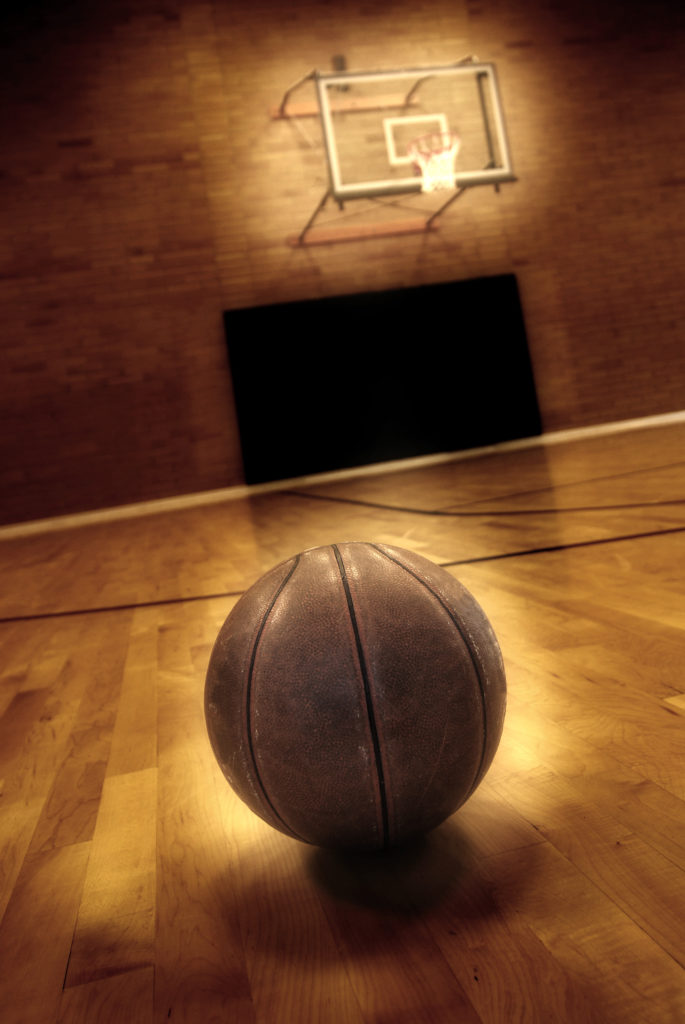I began playing sports at an early age. It began with soccer and distance running and then expanded into football, baseball, and basketball. I even played tennis for awhile. In high school and college, I focused primarily on cross country running and basketball, and I still compete in marathons today. I have always loved being an athlete, and I have always been appreciative of the lessons I learned from playing sports. These lessons have served me well in all aspects of my life including business and being involved in my community.
I am a firm believer that sports serve as a great analogy for life. Here are 7 lessons that I learned from playing sports:
- To Become Better vs Bitter – Throughout my games, tournaments, and competitions, I had both major successes and disappointing setbacks. There were times when things did not go my way or in our team’s favor and also moments of frustration with outside forces like the competition or referees. Throughout all of those moments of highs and lows, the one thing that has been reinforced over time in my heart and mind is to not allow past events to make me bitter. I see so many people who allow bitterness to spring up like a root in the flower bed of their lives, and it eventually grows into a damaging disruptive force preventing them from becoming the best that they can be. They become anchored to the past and continue on a downward spiral and blame others for their losses and disappointments having an adverse effect on other people in the process. The Bible warns about this in Hebrews 12:15 to not let a “root of bitterness grow up to trouble you, corrupting many” in the process. Instead of bitterness, we must process the disappointment, learn what we can from it, and move on to grow and become better from the experience. It always comes back to what you can do to positively impact your sphere of influence. Focus on what you can control and become better, not bitter.
- To Play Every Possession Until The Final Horn – I have written about this in other blog entries, but this principle was instilled in me at an early age as I was usually the one who guarded the best player on the other basketball team. I did not focus on the size, speed, or any other characteristic of the person I was guarding or team we were playing. I only focused on myself and my energy and effort in the process and strived to influence and lead my teammates to do the same. Through experience, I learned to focus on what I could do to make a difference never giving up in the process. If someone was better than me on a certain day or a team beat our team, I wanted to walk away knowing I had given 100% on that day for the entire game or competition. I also learned that I played better when I performed with energy and effort. My high school basketball coach encouraged us and sometimes exhorted us to hustle and “to be quick but not in a hurry,” quoting the great John Wooden and Dean Smith. In working with and coaching athletes as well as business leaders and teams, I have found that when they don’t bring energy and effort to their roles or tasks, they tend to go through the motions allowing complacency and a “good enough” attitude to permeate their performance. It also leads to being tight and stiff versus loose and free, which is where every person needs to be to perform at his or her best.
- To Always Make A Contribution – I was fortunate to have some really great coaches in the sports that I played, and they always emphasized this point in some form or fashion. They reinforced the fact that there is always something I could do to make a positive difference and impact. It provided me the space to always find a way to contribute, even on nights where my shot was not falling. Everyone can hustle, play great defense, communicate effectively with teammates, give their best, and bring a great attitude to their team and competitions.
- To Take Responsibility And Not Blame Others – In all of the sports I have played and watched, I have never seen an official, referee, or competition judge make 100% of the calls correctly. This principle translates to other areas of life where we feel like someone has done something to affect us or we don’t like what they are doing. As a competitor in sports and in life, I have learned that it does not serve me well to lament the bad (or perceived bad) calls. I also don’t want to waste my emotional energy on using that to blame others in the process or complain about my predicament. As a competitor or coach, I would seek explanation (and sometimes justice) about a call that I did not like and then move on. I knew that it would have a draining effect on me and my team if I generated a spirit of blaming versus channeling our energy in the right direction, which was engaging in and doing well on the next play. I also learned to take responsibility for the things that I did in terms of owning my mistakes and playing with a competitive dignity and demeanor that represented myself, my family, and my coach and team well.
- To Move Forward From The Past – Tyler Perry survived a treacherous journey as a child to become an incredibly successful entertainer, actor, director, producer, author, entrepreneur, and positive and powerful influencer! I love what he says in talking about the moments in his life: “If you begin to realize every moment in your life happened for the greater good of who you are…it can really elevate you and change your whole trajectory.” You must remember that every moment in your life – both good and bad – makes you the person that you are. You have to leverage and learn from your moments in order to build momentum in your life. You cannot dwell on or live in the past; you must learn from the past in order to engage fully in the life you have been given.
- To Be A Leader And A Great Teammate – Through both individual and team sports, I quickly learned the importance of leading yourself well through preparation, discipline, and effective habits. I also learned how to lead and influence others around a common goal and discover what inspires and motivates them to greatness. As Pat Riley, former NBA player and hall of fame coach and NBA executive pointed out in his book The Winner Within, a true team is the result of a great coach who has the “ability to blend the talents and strengths of individuals into a force that becomes stronger than the sum of its parts.” I have definitely applied this at home, at work, and in my community and have truly enjoyed both being a part of and leading great people and impactful teams.
- To Strive For Excellence – Sports taught me a valuable lesson about giving my best on and off the court, track, and field of play. When I realized that excellence was not perfection but was giving my best every day and fulfilling the calling and role that I had been given, it helped me release my fears and unleash my potential. It’s a journey, and there are many times when I fail and don’t achieve excellence in my life, but the goal is to strive for excellence in every area of my life on a daily basis.
[shareable cite=”Mike Van Hoozer” text=”You must learn from the past in order to engage fully in the life you have been given.”]You cannot dwell on or live in the past; you must learn from the past in order to engage fully in the life you have been given.[/shareable]
Every day, you have a choice about how you process events in your life. I hope that these 7 lessons from sports can help you to think differently about some area of your life and to choose to focus your life on making a positive difference within your sphere of influence. It is very tempting to get so tangled up in the distractions of the day that we miss the opportunities that present themselves to us. Choose to be a leader of influence and impact leaving a positive legacy for the next generation and making your life count for what matters most!
[reminder]What lessons have you learned from playing sports?[/reminder]

